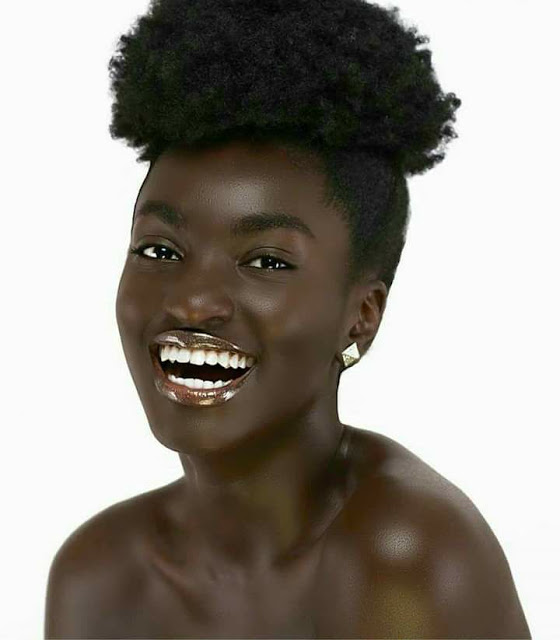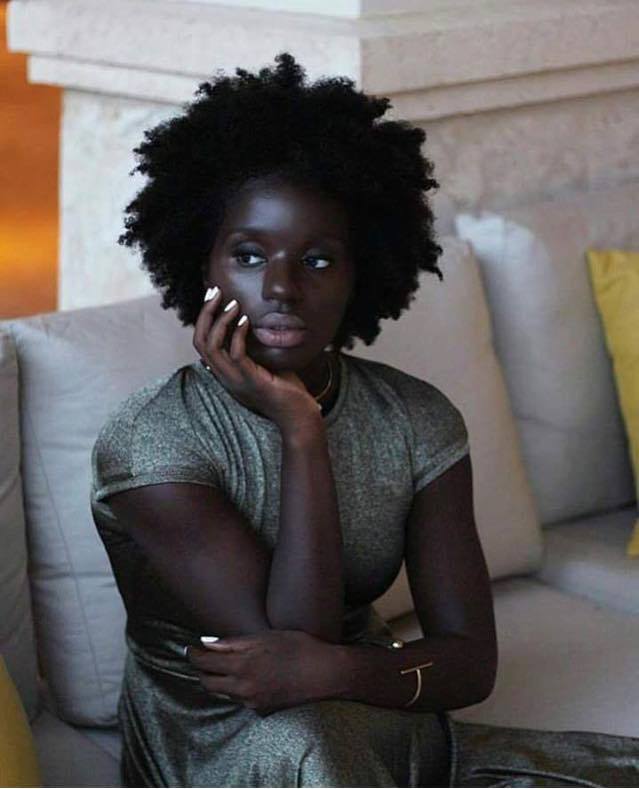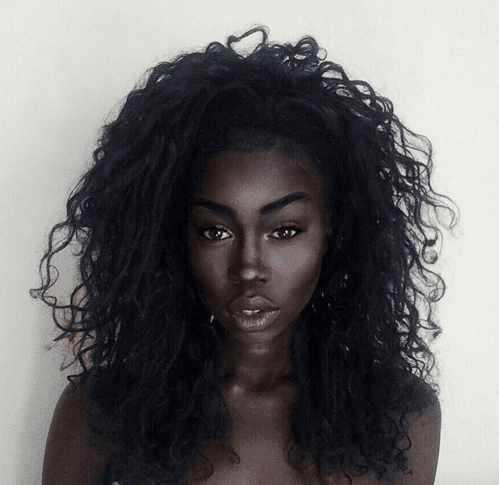FROM PROUDLY YORUBA ON FACEBOOK
Yusef Monnie Ali It seems like a lot of stuff you got to do to be a King in Africa, ima stick with just being a King here. LOL
Suggested Groups
Responsibilities Of An Oba In Ancient Yoruba Kingdom
.
Oba is a Yoruba term for King, an Oba is the monarchical head of government in ancient Yoruba kingdoms. Some Obas ruled supreme over their kingdoms and subjects with unchecked powers while some had checks and balances like the great Old Oyo Empire (OOE), some have their powers checked as a result of their tributary status to OOE.
Their titles and appellations vary amongst clans in Yorubaland, for example, the Oba of Oyo is called ‘Alaafin of Oyo’ (Man of the palace at Oyo), some Obas’ titles are attributes to their land, examples are Oluwo of Iwo, Osolo of Isolo and so forth.
There are first class and second class Obas. First class Obas are of the ancient Yoruba kingdoms that had been in existence since the primordial era, the Alaafin, Ooni, Alake, Eleko (Oba of Lagos) are all first class Oba.
Second class Obas are the Obas of less popular kingdoms in Yorubaland, the first class and second class Oba do wear beaded crowns and royal regalia, they also hold ‘Irukere’ (fly-whisk).
There are Baale (Father of the land) who are mainly viceroys and do not wear crown as they are affiliates and their towns are tributary to a neighbouring Oba.
An Oba title is not necessarily hereditary in Yorubaland although history has it that at the outset of every kingdom, powers are transferred hereditary I.e. From an Oba to the crown prince but some strange events compromised it, for example, a situation where the Oba has no prince or the prince is too young to become an Oba, a situation where the kingdom was defeated and the royal family was exiled etc. Apart from OOE where The Oyomesi cabinet is chooser of Oba, the common method is, once an Oba dies, the Olu-awo (Head of Ifa) of the kingdom is consulted by the Ijoyes (Chiefs) to follow ancestral means of choosing the next Oba, the Olu-awo would consult the Orisa of different deities and after some rigorous sacrifices and rituals, he (Olu-Awo) would pronounce whom is next to become the Oba.
An ancient Oba in Yorubaland would normally be the wealthiest, most influential and most important personality. They enjoyed life to the extreme, Yoruba would often say ‘Oun je aiye oloba’ (living the life of a king) if someone is living flamboyantly.
The Obas of course had many responsibilities and privileges that come with their high-status role. As divine Obas, they had access to special powers and extraordinary wisdom to carry out their thoughtful tasks. They settle disputes, pass judgements; compensate and punish, protect their subjects, develop the land among others.
An ancient Oba would have a lot of privileges among them would be ‘gbese le’ (the act of an Oba putting his leg on a kneeling woman’s shoulder). An ancient Oba could marry any woman at anytime, all he needed to do was to gbese le (oral history states this is quite uncommon). That gesture signifies ownership and marriage to the woman. If an Oba was on his forecourt, any subject who walked pass must stop to greet him. Therefore, any beautiful woman who catches his eyes might become his wife.
In this case, if the woman was married, an ‘Aroko’ (material message) would be sent to the husband to indicate the divorce and remarry of his wife, he would however though be compensated.
Husbands would warn their wives to avoid the palace, not being disrespectful to the Oba, but to avoid the occurrence of ‘gbese le’
Ancient Obas were highly respected and were often referred to as ‘igbakeji Orisa’ (second to the supreme deity), an order of an Oba is of high magnitude and must be strictly adhered to, anyone who flouted their laws might be executed as shown in this saying: “Eni ba foju di oba, Awowo awo” (Awowo would wreck those who disobey Oba).
Awowo was a machete used to execute those who disobeyed the Obas in Ancient Yorubaland.
.
By: Bola Olalekan
.
Oba is a Yoruba term for King, an Oba is the monarchical head of government in ancient Yoruba kingdoms. Some Obas ruled supreme over their kingdoms and subjects with unchecked powers while some had checks and balances like the great Old Oyo Empire (OOE), some have their powers checked as a result of their tributary status to OOE.
Their titles and appellations vary amongst clans in Yorubaland, for example, the Oba of Oyo is called ‘Alaafin of Oyo’ (Man of the palace at Oyo), some Obas’ titles are attributes to their land, examples are Oluwo of Iwo, Osolo of Isolo and so forth.
There are first class and second class Obas. First class Obas are of the ancient Yoruba kingdoms that had been in existence since the primordial era, the Alaafin, Ooni, Alake, Eleko (Oba of Lagos) are all first class Oba.
Second class Obas are the Obas of less popular kingdoms in Yorubaland, the first class and second class Oba do wear beaded crowns and royal regalia, they also hold ‘Irukere’ (fly-whisk).
There are Baale (Father of the land) who are mainly viceroys and do not wear crown as they are affiliates and their towns are tributary to a neighbouring Oba.
An Oba title is not necessarily hereditary in Yorubaland although history has it that at the outset of every kingdom, powers are transferred hereditary I.e. From an Oba to the crown prince but some strange events compromised it, for example, a situation where the Oba has no prince or the prince is too young to become an Oba, a situation where the kingdom was defeated and the royal family was exiled etc. Apart from OOE where The Oyomesi cabinet is chooser of Oba, the common method is, once an Oba dies, the Olu-awo (Head of Ifa) of the kingdom is consulted by the Ijoyes (Chiefs) to follow ancestral means of choosing the next Oba, the Olu-awo would consult the Orisa of different deities and after some rigorous sacrifices and rituals, he (Olu-Awo) would pronounce whom is next to become the Oba.
An ancient Oba in Yorubaland would normally be the wealthiest, most influential and most important personality. They enjoyed life to the extreme, Yoruba would often say ‘Oun je aiye oloba’ (living the life of a king) if someone is living flamboyantly.
The Obas of course had many responsibilities and privileges that come with their high-status role. As divine Obas, they had access to special powers and extraordinary wisdom to carry out their thoughtful tasks. They settle disputes, pass judgements; compensate and punish, protect their subjects, develop the land among others.
An ancient Oba would have a lot of privileges among them would be ‘gbese le’ (the act of an Oba putting his leg on a kneeling woman’s shoulder). An ancient Oba could marry any woman at anytime, all he needed to do was to gbese le (oral history states this is quite uncommon). That gesture signifies ownership and marriage to the woman. If an Oba was on his forecourt, any subject who walked pass must stop to greet him. Therefore, any beautiful woman who catches his eyes might become his wife.
In this case, if the woman was married, an ‘Aroko’ (material message) would be sent to the husband to indicate the divorce and remarry of his wife, he would however though be compensated.
Husbands would warn their wives to avoid the palace, not being disrespectful to the Oba, but to avoid the occurrence of ‘gbese le’
Ancient Obas were highly respected and were often referred to as ‘igbakeji Orisa’ (second to the supreme deity), an order of an Oba is of high magnitude and must be strictly adhered to, anyone who flouted their laws might be executed as shown in this saying: “Eni ba foju di oba, Awowo awo” (Awowo would wreck those who disobey Oba).
Awowo was a machete used to execute those who disobeyed the Obas in Ancient Yorubaland.
.
By: Bola Olalekan
165 peoplee this.
Comments
Kafaru Abiola AThis is nice.
Derrick Murray Thank
you for this article. I have a point of clarification: Does ‘igbakeji
Orisa’ (second to the supreme deity), actually mean “the SUPREME deity”
or just “the deity?” I ask because I thought that only Olodumare,
Olorun, and maybe even Olofi, were the deities which could be described
as SUPREME...I thought the Orisa were secondary to the supreme deity.
Bola Olalekan Sir,
I do not think it is the Supreme Diety Aka Olodumare that is being
referred to in that context. I wouldn't know for sure however, Olodumare
being the Supreme is too revered to put alongside him a living as his
vice , there are lesser Dieties that ...See More
Derrick Murray Just
seeking to understand the language better, Brother. NOT trying to
challenge, critique, and/or defame your work IN ANY WAY!! So, please,
meet my question with the respect in which is it sent! Ese pupo....Ase
ooo
Francis Omotayo Ajewole PLEASE LIKE AND SHARE THIS TO HELP THE LIFE OF OTHERS,
HERE ARE THE GOLDEN VISA OPPORTUNITIES FOR YOU,
Our Offer Packages Are As Follows: ...See More
HERE ARE THE GOLDEN VISA OPPORTUNITIES FOR YOU,
Our Offer Packages Are As Follows: ...See More
Lara Ibidun I love this. I enjoyed reading it
Gbadeyan Tunji Clement This is picture of Orangun of Ills Orangun
Zakariyah Taiwo kudos 2 d writer n poster of ds beautiful article
Olayinka Blessing Nice write up!
Yinusa Ahmeed My
tribe is my pride, I love this..... Historical analysis, making some
young ones like me to identify and understand the importance of lineage
and original culture from the fount...

































No comments:
Post a Comment